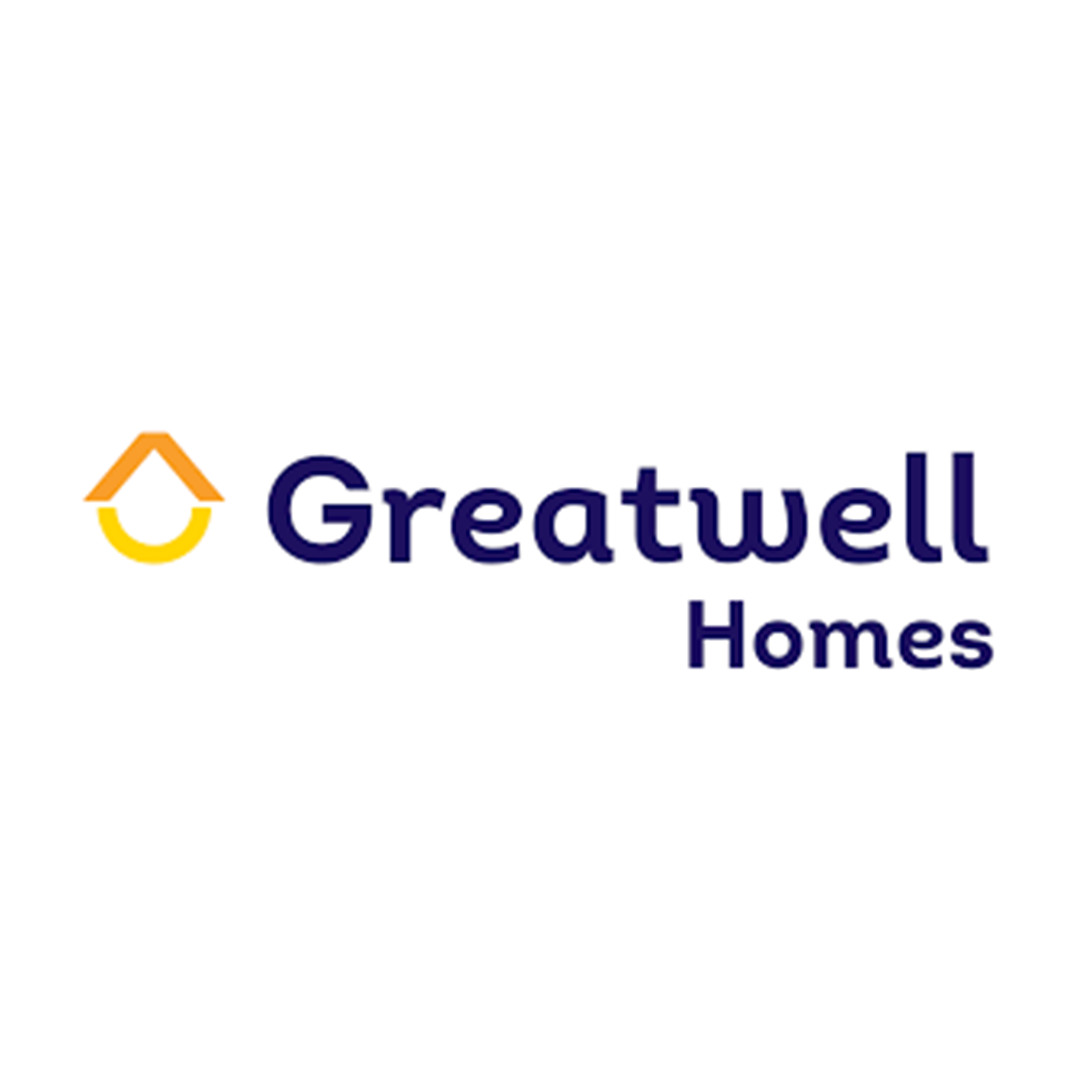
In parts one and two of this blog series, we highlighted the current roadblocks inhibiting Agreements from performing to their full potential, before outlining the key areas of opportunity for income team leaders to overcome those challenges and revolutionise the effectiveness of the arrears management tool.
In this final blog, we take this a step further and present an evidence-based framework for structured yet empathetic Agreements management, in addition to exploring how technology can enable and support this best-practice approach.
The golden moments
The framework is centred around a set of ‘Golden Moments’ - key communication touchpoints that present the greatest opportunity to establish and manage effective Agreements.
The resulting six-stage process is evidence-based and designed to support landlords in delivering a structured yet empathetic process. It comprises:
- Engage: The process begins with engaging the customer at the right time, such as when an arrears event occurs.
- Assess: This is followed by meaningful conversations to understand the tenant’s circumstances and the reasons behind the arrears.
- Negotiate: From this position, both parties can collaboratively negotiate an optimal instalment amount and payment terms.
- Confirm: The process then shifts to encouraging commitment, which starts with confirming the agreed terms through multiple channels.
- Remind: In addition, ongoing timely reminders of when payments are due are sent, reactivating commitment devices.
Reinforce: Payment behaviours are also responded to as they occur. This comprises both positive follow-ups acknowledging successful payments as well as committed reinforcing early interventions when payments are missed.
What role does technology play?
Digital tools featuring the likes of AI and predictive analytics have immense potential to support this framework by generating accurate data, proactively identifying risks and facilitating high-quality communications with tenants. In turn, these functionalities free income professionals up time to have meaningful conversations and ensure they have more accurate and timely insights to act on if anything starts to go wrong.
However, as technological innovations increasingly allow for more and more processes to be automated, the question becomes ‘how much human input is needed?’. Indeed, during our research we found a lot of industry interest in the power of automation.
The outcomes of this project confirm that full automation is not a desirable solution. Relying solely on automated processes would run counter to many of the critical elements underpinning effective Agreements management - such as negotiation, quality conversations and shared ownership. The optimal approach involves utilising automation to enhance and optimise officers’ ability to carry out high-quality analysis and meaningful tenant engagement, rather than replacing the human touch altogether.
Agreements Manager: a tech-based solution
Listening to the frustrations and requirements of the sector, we‘ve developed Agreements Manager, a platform wholly dedicated to reducing Agreements break rates, lowering management costs, and providing better, proactive outcomes for tenants.
Combining behavioural science, predictive analytics, and AI, the platform aligns closely with the Golden Moments framework, supporting every stage of the process - from initial engagement to successful completion.
It utilises only essential factors in its decision-making and always incorporates human oversight, with final decisions resting in the hands of officers.
Some of its support functions and capabilities include:
- Unprecedented visibility: Real-time, accurate tracking of every Agreement’s status and a single dashboard showing live performance against KPIs
- Effective communication: Evidence-based, automated messaging throughout the agreement process.
- Collaboration and negotiation: Objective recommendations for instalment amounts, with flexibility for officers to adjust based on affordability assessments.
- Conditionality and leverage: Data on past Agreements, payment history, and risk scores, to create leverage and prime positive behaviours.
- Commitment reinforcement: Automated communications clearly outline agreement terms and subtly invoke moral obligations.
- Consequences and adherence: Responds to payment behaviour with tailored messaging, from gratitude for timely payments to reminders for missed ones.
If you want to take a deeper dive into this project and the Golden Moments framework, download the report here.


-2.png)


